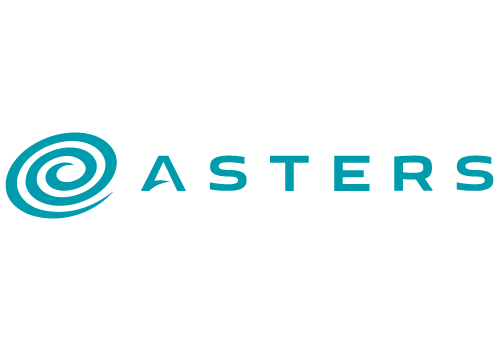Asters has successfully defended the interests of one of the largest international food manufacturers in Europe in a tax dispute. Based on the results of the cassation review, the Supreme Court upheld the decisions of the courts of previous instances on satisfaction of claims and cancellation of the tax notification-decision, which reduced the amount of the negative value of the object of Corporate Profit Tax at the amount on more than of UAH 130 million.
Several conclusions of the Supreme Court on this case, appeared for the first time, may be relevant for those taxpayers who keep records based on the National Accounting Standards of Ukraine and have long-term obligations under loan agreements received from the parent company.
The dispute was based on the conclusion of the tax authority that long-term loan liabilities with the parent company are subject to discounting using the fair value method and applying the average discount annual refinancing rate of the National Bank of Ukraine and further reporting the results in income and expenses. At the same time, the tax audit report contained the conclusion that "fair" and "present" value are the same terms in relation to long-term liabilities. The court recognized such identification as legally incorrect.
In its turn, the taxpayer assessed the long-term financial liabilities using the amortized cost method by accruing interest on the amount of debt using the effective interest rate method. Since the loans were received from the owner of the company, the discount was subsequently reported in the capital. The court, taking into account the provisions of the Ukrainian National Accounting Standards 15 "Income" and 16 "Expenses", supported the position of the taxpayer and indicated that the analysis of bookkeeping standards gives grounds for the conclusion that the amount of increase (decrease) of its assets is not subject to inclusion in the income (expenses) of the company, in case of growth (decrease) of capital due to contributions (withdrawal) of capital by a participant of the company.
In addition, the court noted that financial instruments (including financial liabilities) are initially measured not based on fair value but on their actual value. The payer's long-term liabilities under the loan agreements are not derivatives, which excludes the possibility of extending the measurement to them at each subsequent balance sheet date at fair value, as provided for in paragraphs 1, 3 of paragraph 31, paragraph 32 of National Accounting Standard 13.
In addition, the court concluded that National Accounting Standard 28 "Impairment of Assets" determines the present value of future net cash receipts and the discount rate, do not apply to the disputed legal relations. This Standard, according to the court's opinion, defines the methodological principles for the formation of information on impairment of assets in accounting and its disclosure in the financial statements and does not determine such methodological principles for liabilities.
The case was handled by Asters' White-Collar Crime team, led by Sergiy Grebenyuk, with leading project coordinator Attorney Larysa Antoshchuk.
Asters is the largest full-service law firm in Ukraine with offices in Kyiv, Brussels, London, and Washington, D.C. The firm has access to over 125 jurisdictions through a well-developed network of partner law firms.



























